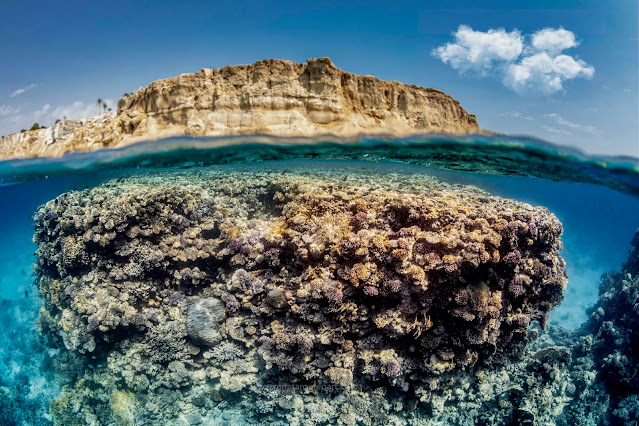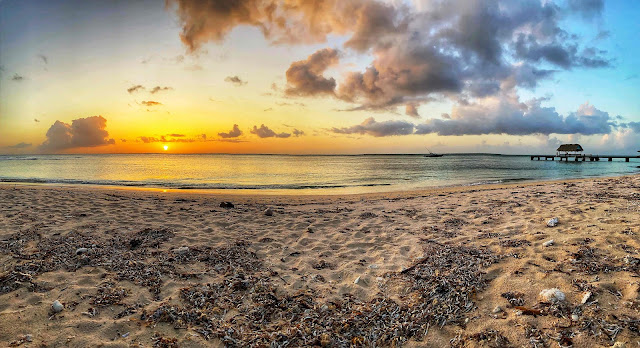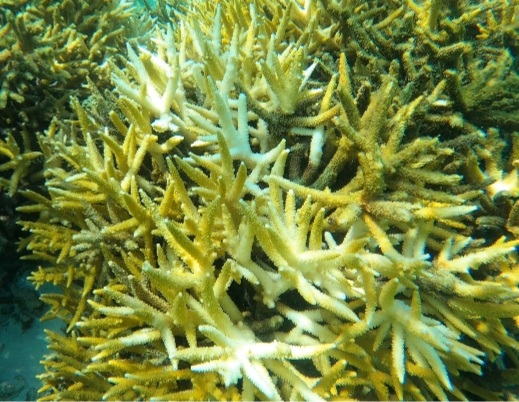Financing Preparedness for Climate Disasters

While this year’s global climate summit continued to discuss the finances required to support mitigation and adaptation, there is now a growing need to assist those regions that have suffered loss and damage. Dr Anjani Ganase summarises the urgent need for dedicated financial flows. COP 27, the global climate summit – Conference of Parties - brought together representatives of all countries in Sharm-el-Sheikh, Egypt from 6 to 20 November. This follows last year’s meeting COP 26 in Glasgow. The Glasgow Climate Pact - to stay below 1.5 C global temperature rise – precipitated a two-year plan to accelerate endeavors toward net zero, through the themes of mitigation, adaptation, finance and collaboration. One year after this Pact, here are some highlights of the Sharm-El Sheikh Implementation Plan. The Latest Science The IPCC sixth assessment report released in the beginning of 2022 describes a code red for climate emergency and the need for drastic reduc


